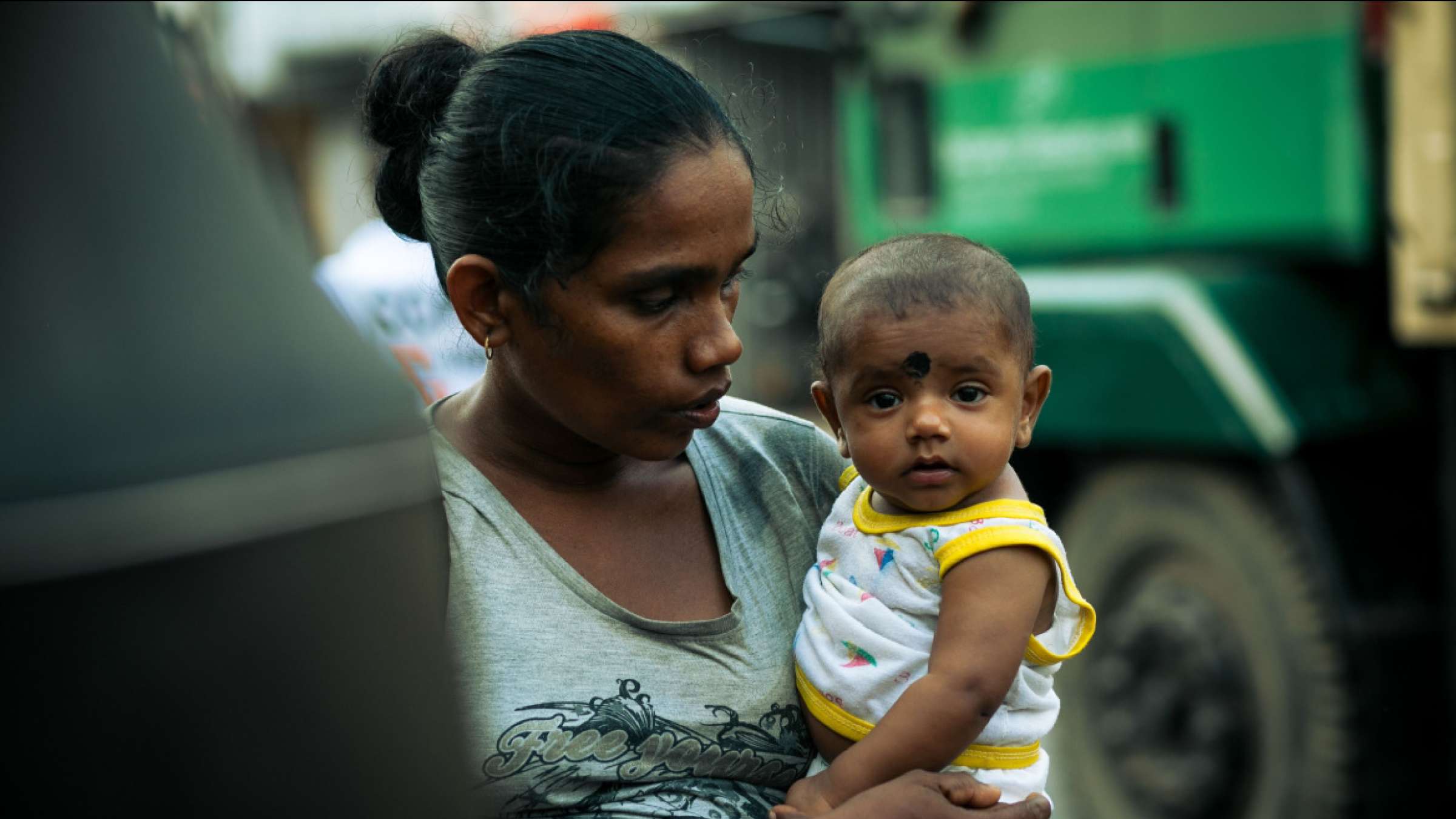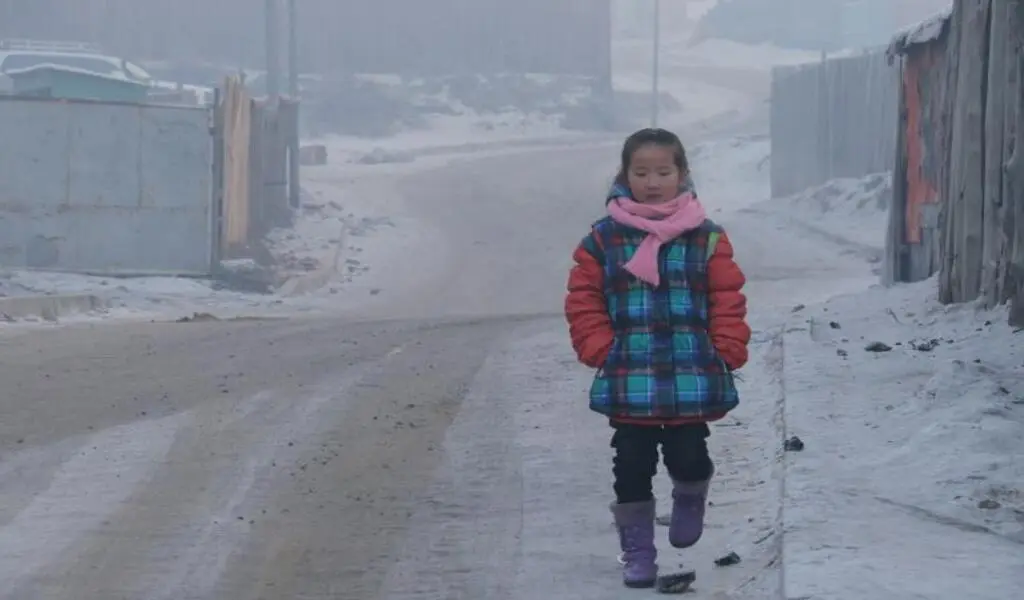(CTN News) – Climate change, an escalating crisis, is not only a threat to the planet’s ecosystems but also poses a severe risk to the health and well-being of pregnant women and children.
In this article, we’ll delve into the intricate web of consequences that climate change weaves for these vulnerable groups, exploring the various dimensions of its impact, current global initiatives, and strategies for mitigation.
I. Introduction
A. Definition of Climate Change
Climate change refers to long-term alterations in the average weather patterns on Earth, encompassing shifts in temperature, precipitation, and other climatic indicators.
B. Overview of Its Impact on Vulnerable Groups
While climate change affects diverse populations, pregnant women and children stand out as particularly vulnerable due to their unique physiological and developmental characteristics.
II. Impact on Pregnant Women
A. Increased Health Risks
Pregnant women face heightened health risks due to climate change, including exposure to extreme heat, air pollution, and an increased incidence of infectious diseases.
B. Effects on Maternal Mental Health
The psychological toll of climate change, with its unpredictable weather patterns and environmental uncertainties, can lead to stress and anxiety among pregnant women, impacting maternal mental health.

III. Impact on Children
A. Vulnerability to Diseases
Children, especially those in developing regions, are more susceptible to diseases exacerbated by climate change, such as malaria and respiratory infections.
B. Long-term Consequences on Development
Exposure to environmental stressors during crucial developmental stages can have lasting consequences, affecting cognitive development and overall well-being.
IV. Environmental Factors
A. Air Pollution
Rising temperatures contribute to increased air pollution, posing respiratory risks to both pregnant women and children.
B. Extreme Weather Events
The frequency and intensity of extreme weather events, such as hurricanes and heatwaves, can have direct and indirect health implications for vulnerable populations.
C. Food and Water Scarcity
Climate-induced changes in precipitation patterns impact food and water availability, affecting maternal nutrition and child development.
V. Global Initiatives
A. Current Efforts to Address Climate Change
International organizations and governments worldwide are actively engaged in initiatives to mitigate climate change through policy changes and sustainable practices.
B. Importance of International Cooperation
Collaboration on a global scale is imperative to address the cross-border implications of climate change, particularly for the health of pregnant women and children.
VI. Mitigation Strategies
A. Individual Actions
Simple lifestyle changes, such as reducing carbon footprint and adopting sustainable practices, can contribute to mitigating climate change impacts.
B. Government Policies and Regulations
Robust policies and regulations play a crucial role in curbing environmental degradation and protecting vulnerable populations.
VII. Community Engagement
A. Raising Awareness
Community-driven efforts, including educational programs and awareness campaigns, play a pivotal role in building resilience against climate change.
B. Encouraging Sustainable Practices
Communities can contribute to mitigating climate change by adopting sustainable practices in agriculture, energy consumption, and waste management.
VIII. Health and Climate Change Policies
A. Integrating Climate Considerations into Healthcare Policies
Healthcare policies must evolve to address the specific challenges posed by climate change, ensuring a holistic approach to healthcare.
B. Advocacy for Change
Advocacy efforts are crucial in urging policymakers to prioritize climate change mitigation and implement policies that safeguard the health of vulnerable populations.
IX. Case Studies
A. Examples of Regions Heavily Impacted
Examining case studies from regions disproportionately affected by climate change highlights the urgency of implementing effective strategies.
B. Success Stories in Combating Climate Change Effects
Identifying success stories showcases the potential for positive change and provides valuable insights into effective interventions.
X. The Role of Technology
A. Innovations Addressing Climate-Related Health Risks
Technological advancements, including telemedicine and climate-resilient infrastructure, contribute to minimizing health risks associated with climate change.
B. Potential Advancements
Exploring the potential for further technological innovations emphasizes the role of science and technology in creating a more resilient future.
XI. Economic Impact
A. Costs Associated with Climate-related Health Issues
The economic burden of climate-related health issues emphasizes the need for proactive measures to prevent and mitigate these challenges.
B. The Economic Benefit of Addressing Climate Change
Investing in climate change mitigation not only protects vulnerable populations but also yields long-term economic benefits by reducing healthcare costs and enhancing productivity.
XII. Future Projections
A. Predictions for Climate Change Impact on Health
Examining future projections provides insights into the potential trajectory of climate change impacts on the health of pregnant women and children.
B. The Need for Urgent Action
The urgency of addressing climate change is underscored by the anticipated increase in health risks, emphasizing the need for immediate and concerted action.
XIII. Conclusion
A. Recap of Key Points
In conclusion, the intertwined challenges of climate change and its impact on pregnant women and children necessitate comprehensive and urgent action.
B. Call to Action for Readers
Readers are encouraged to actively mitigate climate change, advocate for sustainable practices, support policies that address environmental concerns, and participate in community initiatives. The collective effort of individuals can contribute significantly to building a resilient future for vulnerable populations.






